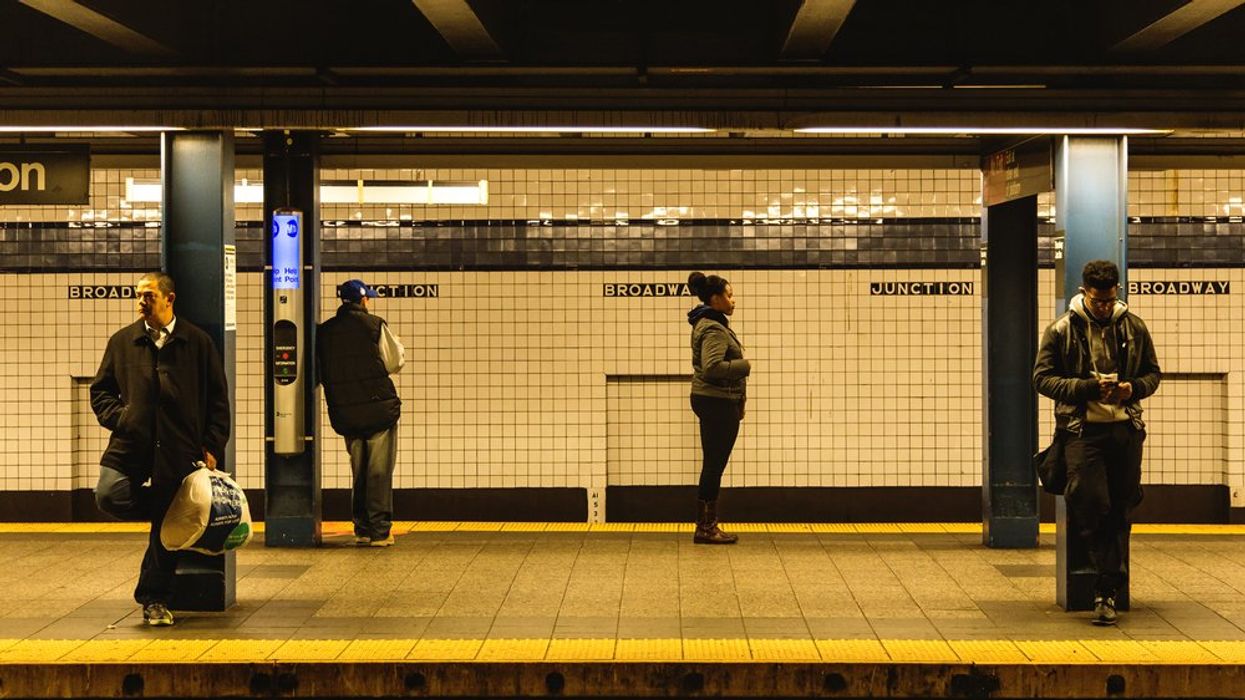Scientists are raising alarm over newly discovered consequences of climate change that are occurring in cities globally — beneath the surface.
According to a study published Tuesday in Nature, heat trapped under the surface of the ground is having adverse affects above. The excess temperatures are often noted in basements, underground parking garages, and subways.
In Chicago particularly, this is causing land deformations, which has led the above high-rise buildings to begin to sink. Over the past 70 years, ground in the city’s downtown has warmed by 5.6 degrees Fahrenheit.
Scientists are calling this phenomenon “underground climate change,” noting that underground heat is much more intense than that on the surface, particularly in Urban environments.
"It’s actually more significant than what we are observing at the surface because of climate change,” Alessandro Rotta Loria, author of the study and architectural engineer at Northwestern University, told The Washington Post. “Ground deformations triggered by underground climate change can be significant, and they can represent an issue for the performance of civil infrastructure.”
While adverse heat underground can impact plants, groundwater flows, transportation systems, and health conditions, the recent report particularly focuses on how it is affecting urban buildings. Large structures already consume great amounts of energy, expelling heat downward. Buildings can also absorb heat, warming the areas around them and the ground below.
According to the study, heat could cause land to rise as much as 12 millimeters in some areas, and sink as much as 8 millimeters in others. While it may not sound like a lot, even millimeters can lead to cracks in foundation and erosion, as well as tilting.
The study suggests that this heat can be harnessed to “increase the total amount of heating energy that could be supplied to buildings ... mitigate underground climate change in Chicago and other cities."
To Rotta Loria, underground climate change may be “a silent hazard,” but it could also be “an opportunity, as a resource.”



















































